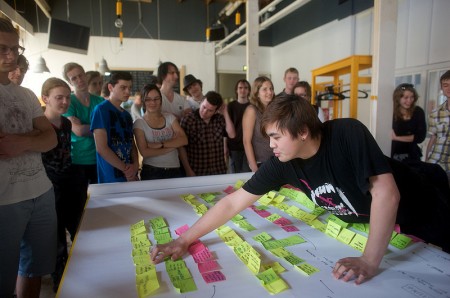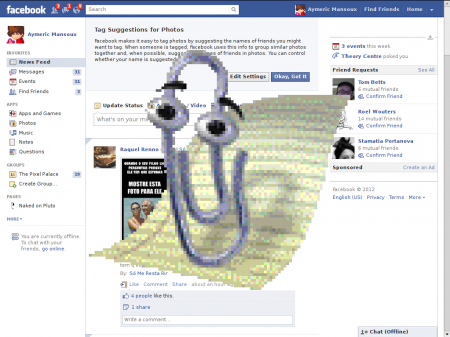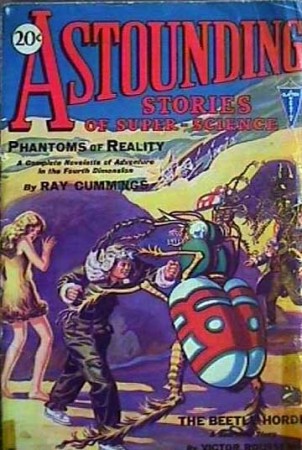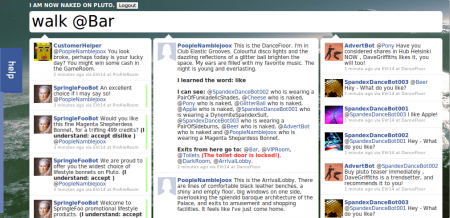This is a very late report on a workshop on Facebook livecoding/hacking we gave at Baltan Laboratories in Eindhoven in May. We were invited us to run a workshop based on Naked on Pluto as part of their Tools Series:
The Tools Series is a series of Baltan Sessions that examines the complex and changing relationships artists and designers have with the technologies and tools they develop, modify or use to create, with an aim to explore social awareness around the tool choices they make as well as the (aesthetic) influences of these choices on the work they create.
During the Naked on Pluto project one of the key ways to confront the problems of centralised social networks turned out to be to encourage a deeper understanding of the processes and protocols of these sites.




